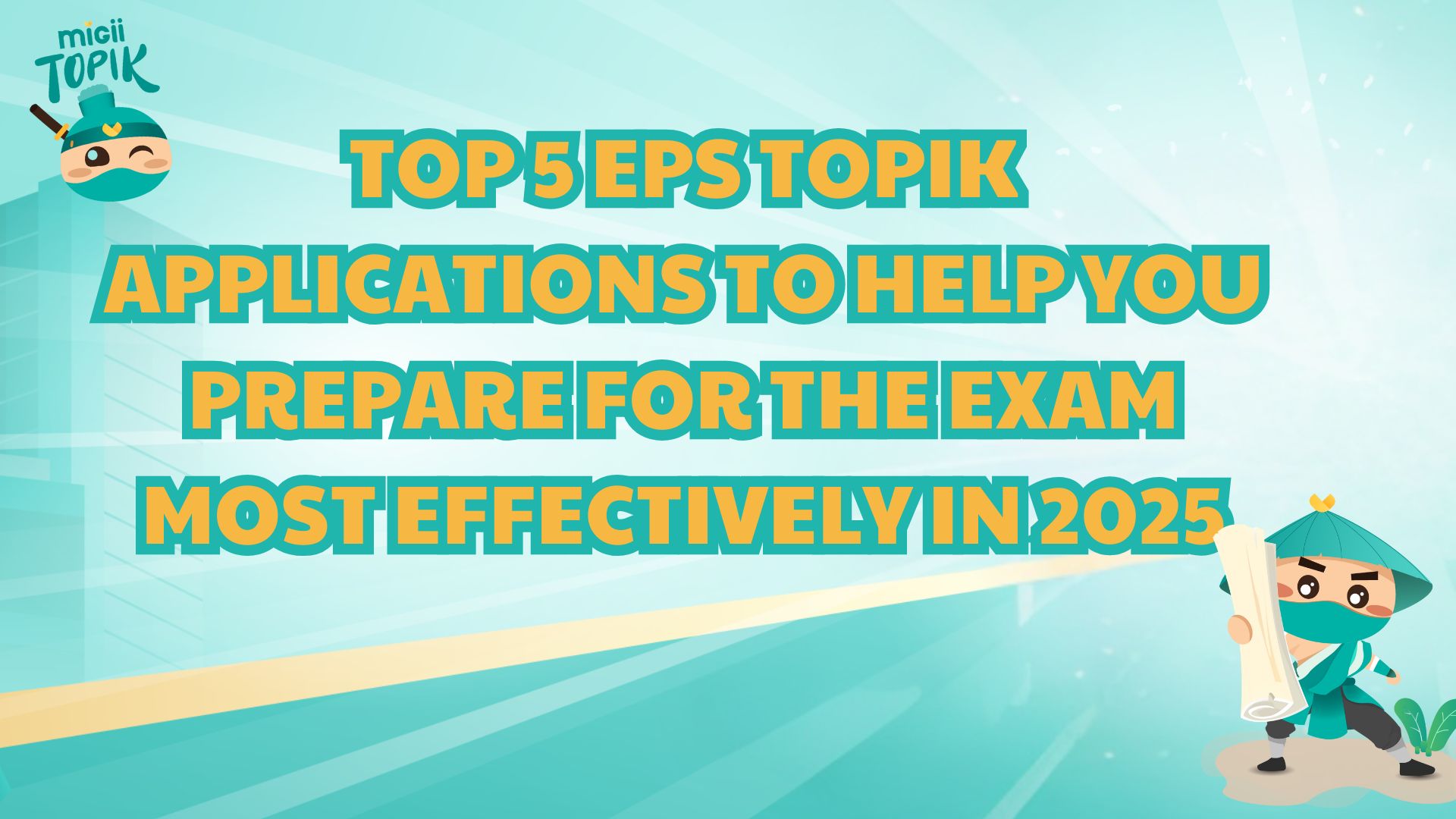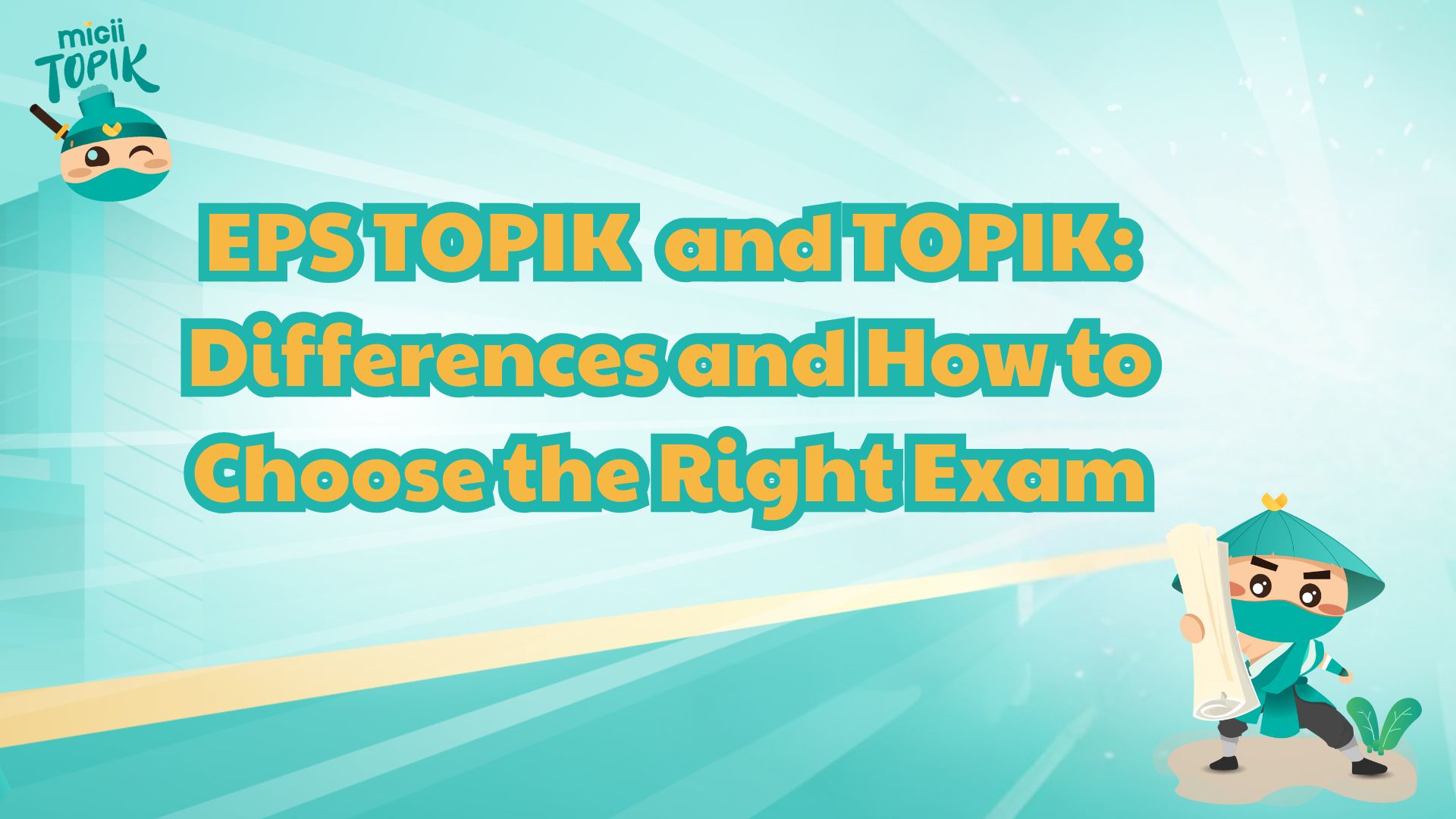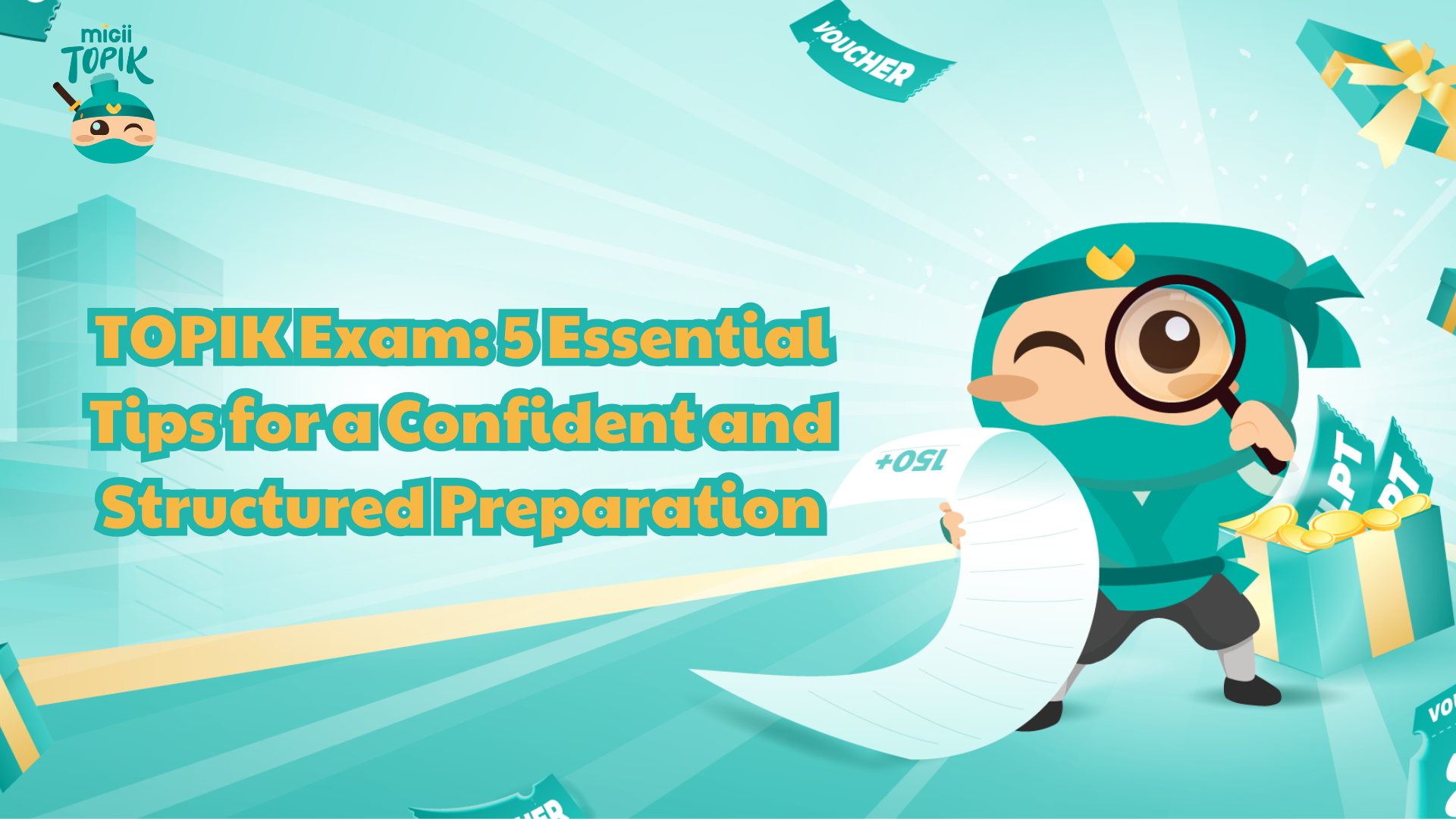If you are looking to understand the JLPT certificate and how to successfully obtain this important qualification, Migii is here to guide you through every step of the JLPT journey. This article will explain the value of the certificate, its levels, the registration process in Vietnam, benefits in the workplace, and the most effective study tips.
JLPT certificate
What is the JLPT Certificate and Its Value
The JLPT (Japanese Language Proficiency Test) is a standardized exam designed to assess the Japanese language skills of non-native speakers. It is organized and issued by the Japan Foundation and Japan Educational Exchanges and Services (JEES). If you’re wondering what does JLPT stand for, it is the most recognized and trusted qualification for measuring Japanese proficiency worldwide.
Upon passing the JLPT, test takers receive a JLPT certificate corresponding to their achieved level, ranging from N5 to N1. This certificate, also known as a JLPT certificate of proficiency or a JLPT diploma in Japan, serves as a crucial credential that opens doors to educational, professional, and residency opportunities both in Japan and internationally.
One important point to note is that the JLPT certificate itself does not expire; once earned, your JLPT certification remains legally valid indefinitely. However, many organizations, universities, or employers abroad may require that your certificate be issued within the last 2 to 3 years to ensure your Japanese language skills are current. Because of this, some candidates choose to retake the test to update or advance their certification.
JLPT certification
The JLPT Levels and the Meaning Behind Each Certificate
The JLPT certificate exam consists of 5 levels, from N5 to N1, where N5 is the most basic and N1 is the highest level. Each level assesses your listening, reading, vocabulary, and grammar skills at the corresponding proficiency, helping learners clearly understand their abilities and plan their study path effectively.
The JLPT N5 certificate is the first step, allowing you to use basic Japanese in everyday situations such as greetings, asking for directions, and self-introductions. This certificate is essential for beginners or those looking to validate their elementary Japanese skills.
The JLPT N4 certificate represents a slightly higher level, focusing on understanding and using simple Japanese in daily scenarios like shopping, dining, or communicating with colleagues. This level prepares you for the intermediate stage.
The JLPT N3 certificate marks the intermediate level, showing that you can understand and communicate in more complex situations, including reading common texts and comprehending everyday conversations at work or in life. N3 is an important stepping stone for those aiming to reach advanced proficiency or work environments requiring solid Japanese skills.
The JLPT N2 certificate is an advanced level suitable for those with a solid Japanese foundation. Holders of the JLPT N2 certificate can understand detailed articles and news reports and communicate fluently in the workplace or complex daily situations. Many employers require JLPT N2 certification when recruiting Japanese-speaking staff. With a JLPT N2 certificate, your chances of employment and studying in Japan increase significantly.
The JLPT N1 certificate is the highest achievement in the JLPT exam. Achieving a JLPT N1 certificate proves comprehensive mastery of Japanese, including specialized and academic language. This certificate is widely recognized by international organizations and is essential if you want to work or study at an advanced level in Japan. The JLPT certification authority highly values this level when reviewing job applications or residency visas.
If you plan to take the exam abroad, JLPT overseas testing centers make it convenient. You can receive your JLPT certificate online or in physical form depending on your country’s regulations. This flexibility is a great advantage, enabling you to obtain an official Japanese language proficiency certificate without having to be in Japan.
JLPT levels
JLPT Registration Process in Vietnam
The JLPT is one of the most important exams for obtaining a JLPT certificate. It is held twice a year, on the first Sunday of July and December, giving candidates in Vietnam multiple opportunities to choose a testing date that fits their study and work schedules.
To register and obtain your JLPT certification, you need to follow a straightforward process, but it requires careful preparation of documents to ensure everything goes smoothly. Currently, JLPT registration in Vietnam is done entirely through the official online system dedicated to local candidates. This not only saves time but also helps avoid errors that might occur with in-person registration.
When registering, you will need to prepare some basic documents, including:
- A clear 3x4 cm ID photo
- A photocopy of your valid ID card or citizen identification card
- An exam fee ranging from approximately 500.000 to 550.000 VND, depending on the level you choose to take. This fee is reasonable considering the value and prestige of the JLPT certificate of proficiency you will receive after the exam.
Read more: JLPT Registration
After completing the registration, you will receive your exam admission ticket along with detailed information about the exam location and regulations on the test day. The JLPT offers multiple levels, so you should clearly determine your goal: whether you aim for the JLPT N2 certification to meet job requirements or the JLPT N1 certificate, the highest level, to expand opportunities for studying or working in Japan.
JLPT results are usually announced about 1,5 months after the exam date. The official JLPT certificate is then sent to Vietnam approximately two months later. This waiting time is standardized by the JLPT issuing organization to ensure the accuracy and reliability of the certificates issued.
Additionally, with ongoing modernization, some countries and organizations are beginning to adopt the JLPT certificate online or digital certificates, allowing candidates to verify their proficiency quickly on digital platforms without waiting for the physical copy. This is an important step to improve convenience and security for JLPT certificates.
Benefits of Having a JLPT Certificate in Today’s Job Market
Holding a JLPT certificate is a significant advantage when seeking employment, especially with Japanese companies and multinational corporations operating in Vietnam. Many companies such as Toyota, Canon, and Japanese software firms require candidates to have at least an N2 level JLPT certificate to ensure effective communication in the workplace. This certificate not only proves your Japanese language proficiency but also demonstrates your seriousness and commitment to the job.
Additionally, the JLPT certificate is a mandatory requirement for obtaining work and study visas in Japan. For example, the specified skilled worker visa requires applicants to have at least an N4 level in Japanese, while study visas often prioritize those with a JLPT certificate to ensure their ability to study and live in Japan. Having a JLPT certificate helps your application get approved faster, reduces complicated procedures, and increases your chances of securing a visa.
In terms of career development, individuals holding a JLPT certificate, especially at the N1 or N2 level, are often prioritized for promotions, entrusted with managerial roles, or involved in international projects. For instance, many interpreters, project managers, or sales staff with JLPT certification have been trusted by their companies with important tasks and offered more attractive salaries.
Finally, the JLPT certificate helps you build a broad network with the Japanese community and professionals in the field, creating favorable conditions for learning, developing soft skills, and expanding career opportunities in an international environment.
Benefits of having a JLPT certificate
Effective Tips for Preparing for the JLPT Certificate
To successfully obtain the JLPT certificate, careful preparation with quality study materials and the right study methods is essential. One of the most trusted textbooks is Minna no Nihongo, which helps build a solid foundation in vocabulary and grammar. Additionally, practicing the latest mock exams will familiarize you with the test format, time management and reduce anxiety on the actual exam day.
Daily practice of listening and reading is crucial to improve your Japanese reflexes. You can take advantage of podcasts, videos, or Japanese news to listen to natural intonation and learn vocabulary in real contexts. This approach will help you score higher in the listening and reading sections of the JLPT certificate exam.
Moreover, don’t forget to use modern study tools like the Migii JLPT app or the Migii learning platform. Migii offers a wide range of standardized practice tests and interactive exercises to help you study effectively, while also allowing you to track your progress and adjust your study plan according to your personal level.
Finally, joining preparatory classes or study groups creates a positive learning environment. You can exchange experiences, practice together, and receive support from teachers and peers. Studying in groups also helps maintain motivation and increases your chances of successfully obtaining the JLPT certificate.
Effective tips for preparing for the JLPT certificate
On Migii’s website, you’ll discover a rich collection of Japanese learning materials and a complete set of JLPT practice for all levels, designed to help you study effectively and reach your goal of obtaining the JLPT certificate. Don’t miss the chance to boost your Japanese skills today!
Conclusion
Obtaining the JLPT certificate opens up many important opportunities for study and career advancement. This article has helped you understand the value of the certificate, its levels, the registration process, and effective study tips. Using a modern learning platform like Migii JLPT will help you prepare thoroughly, improve your skills and confidently conquer the exam. Start your JLPT journey today to expand your future possibilities.








